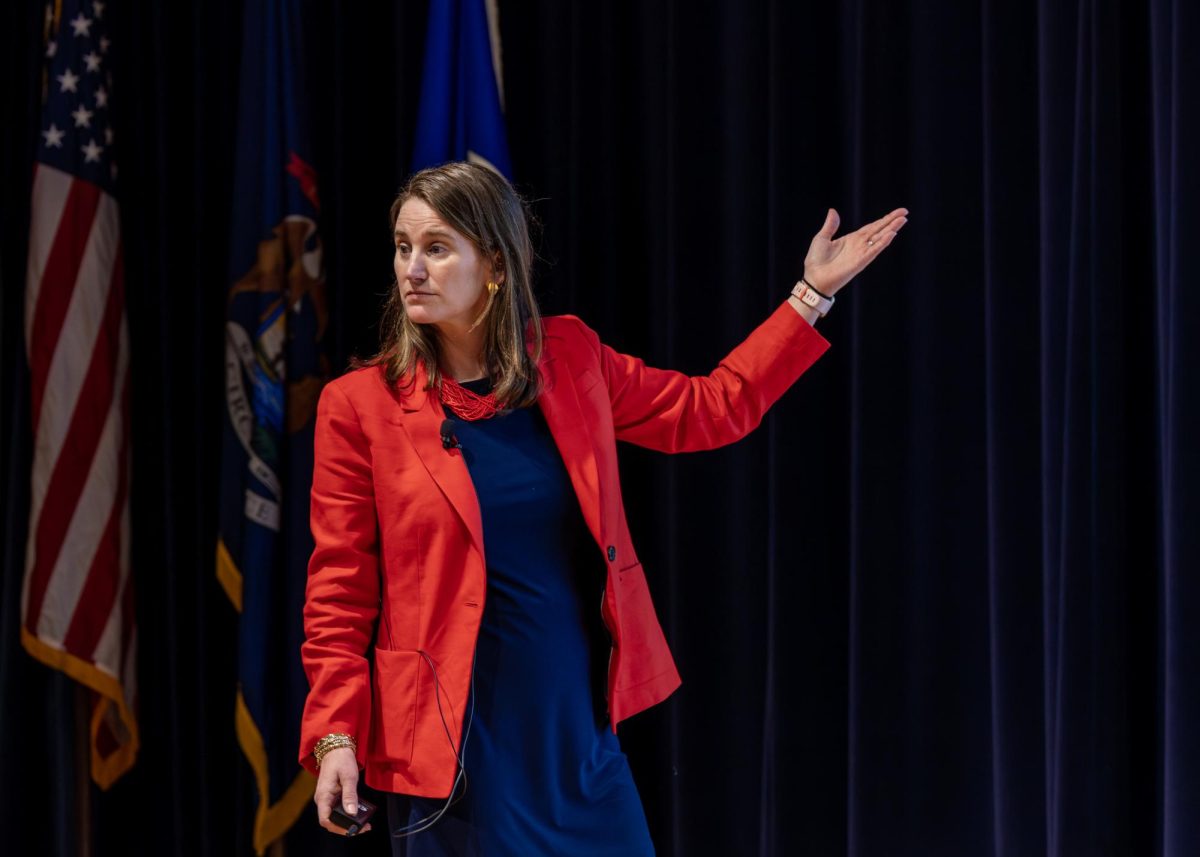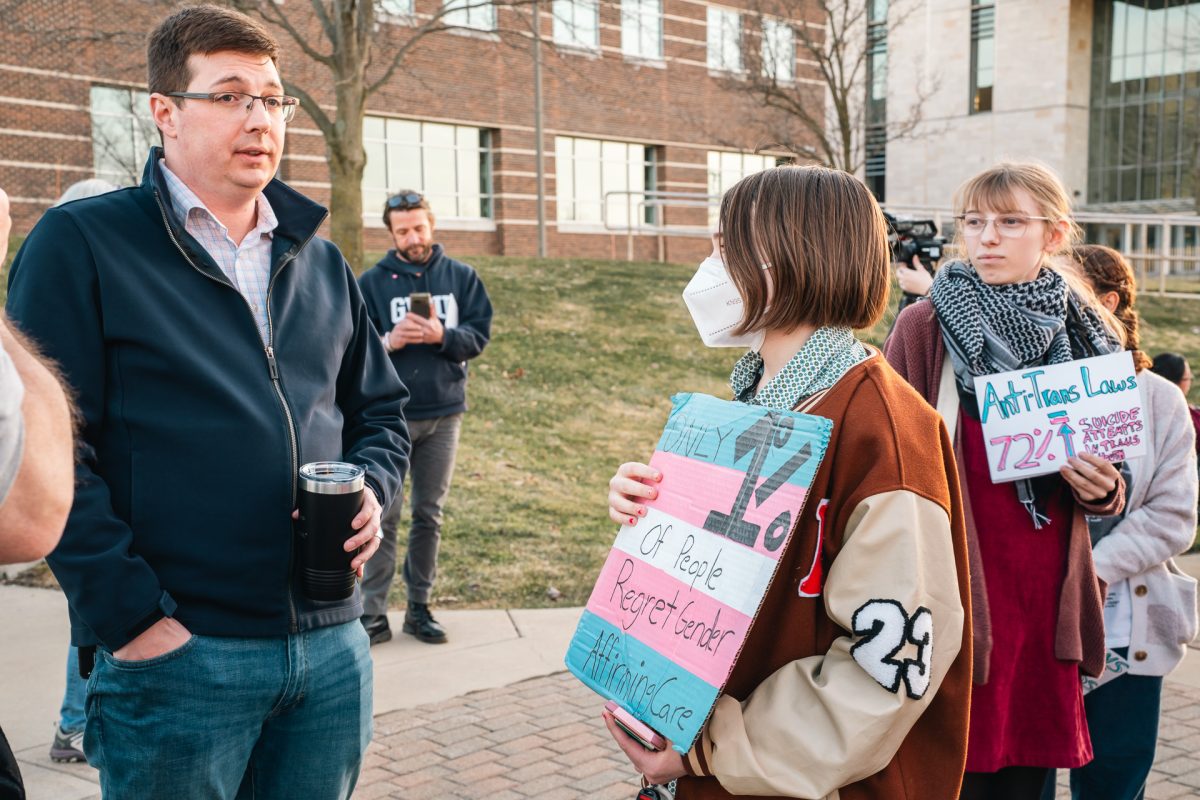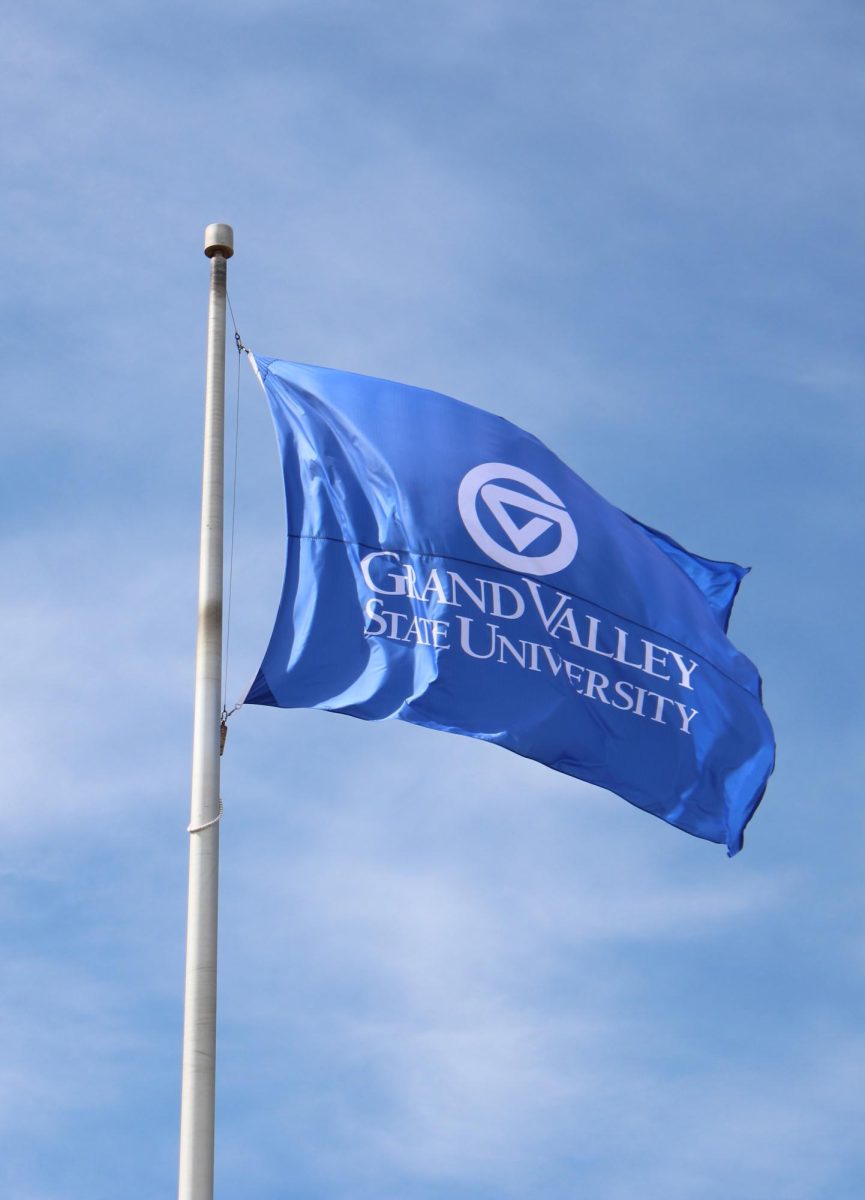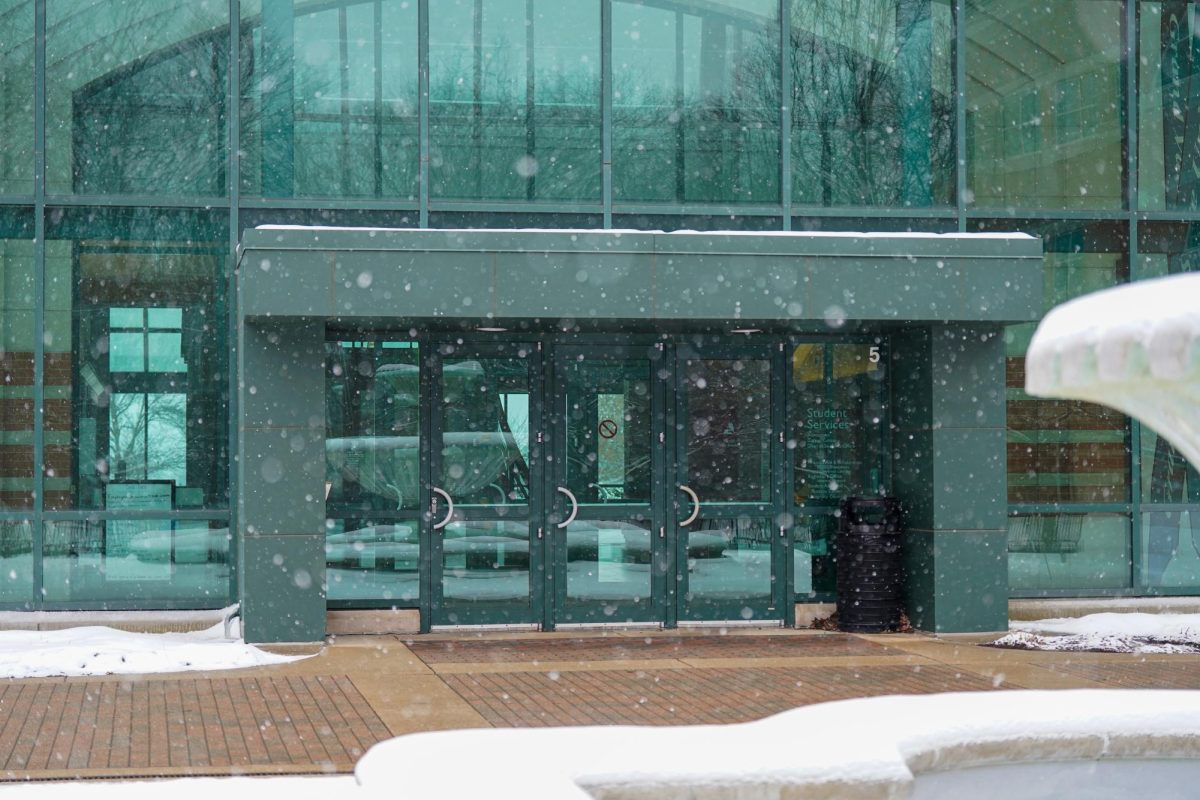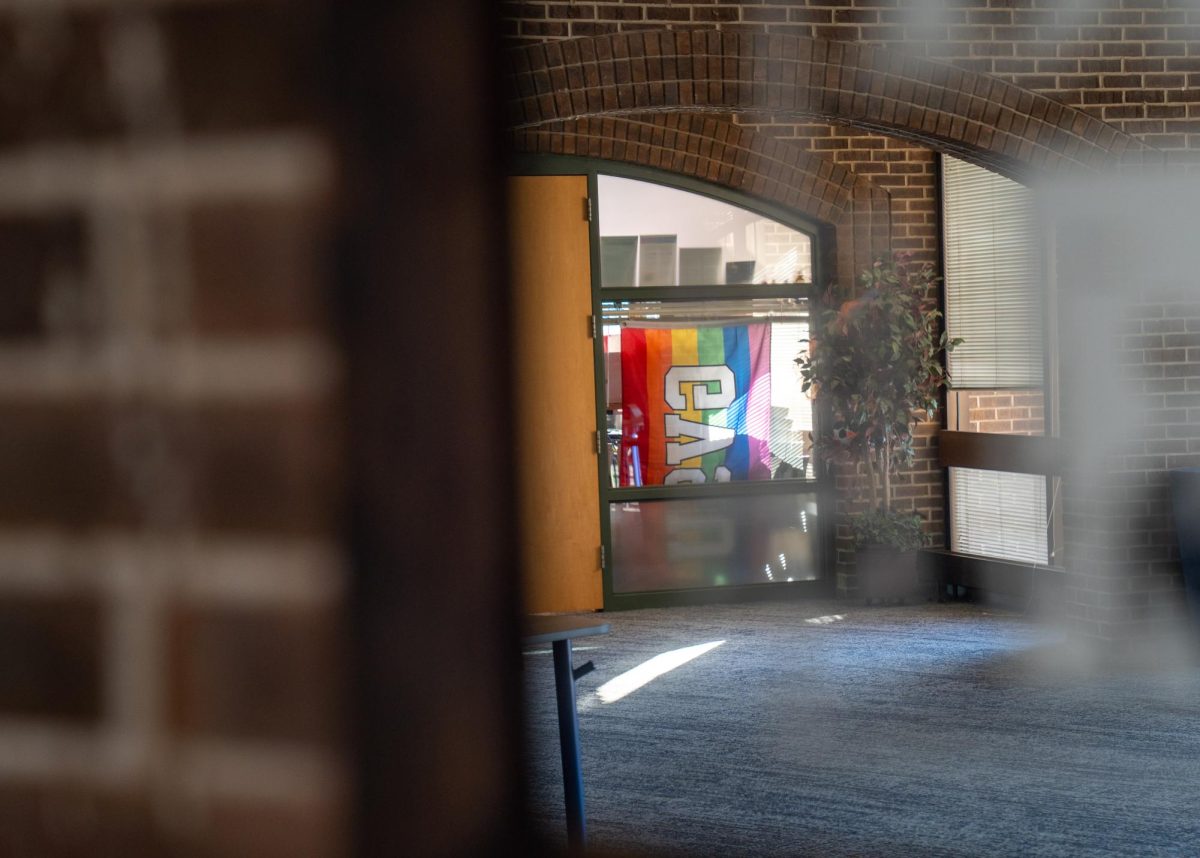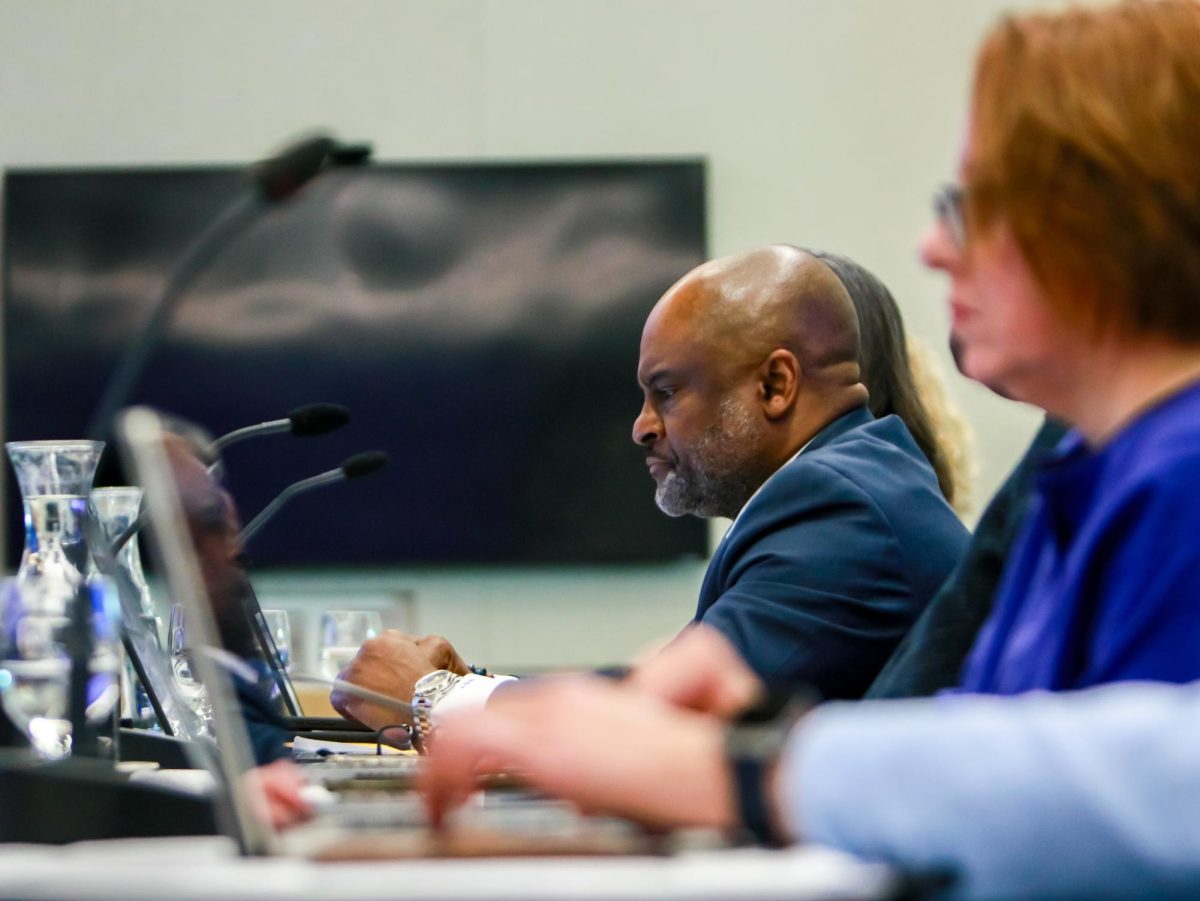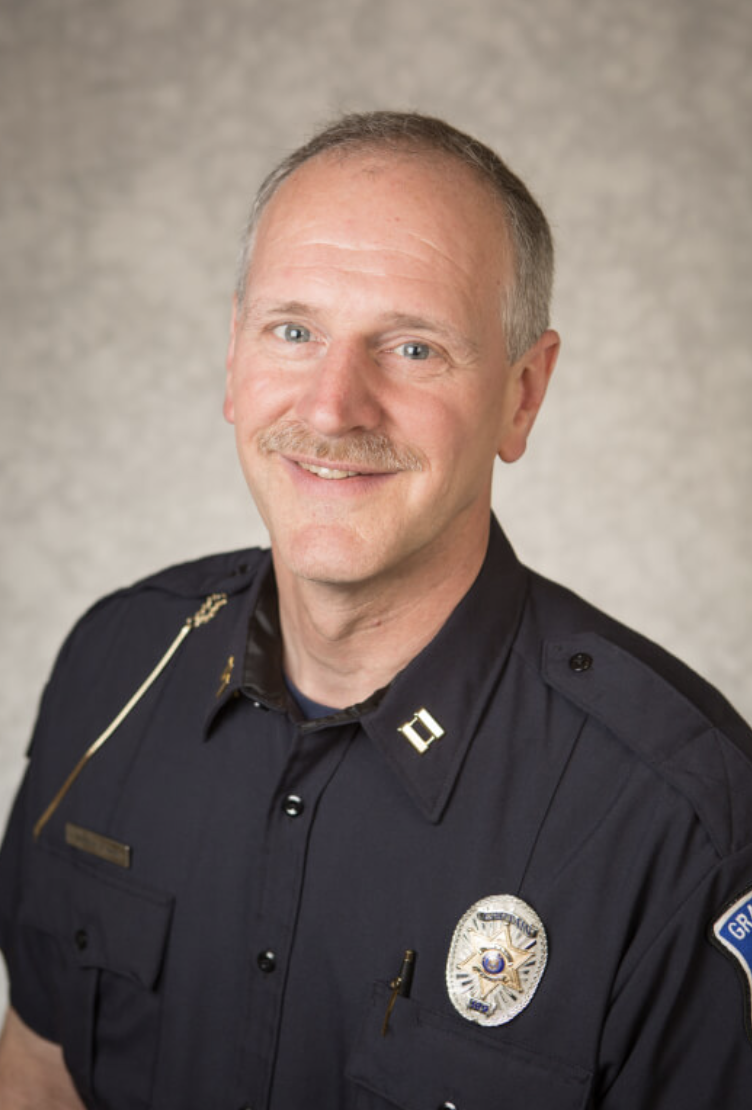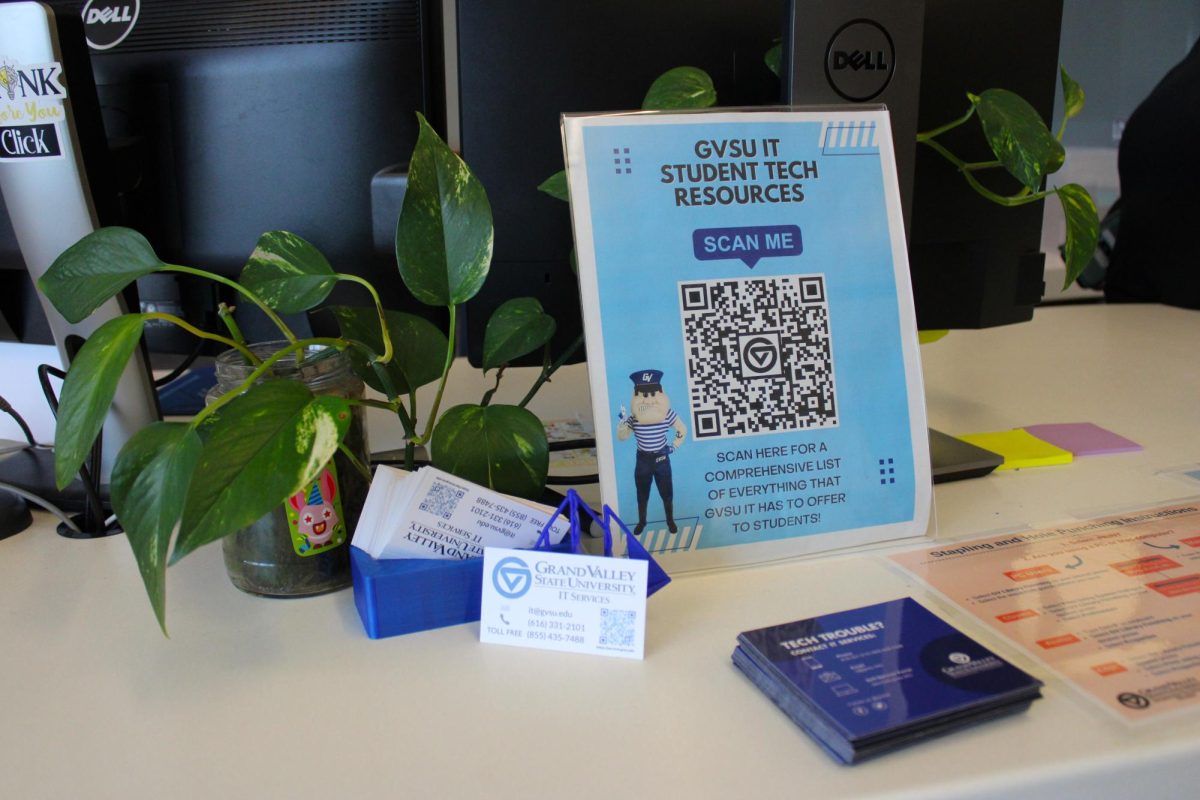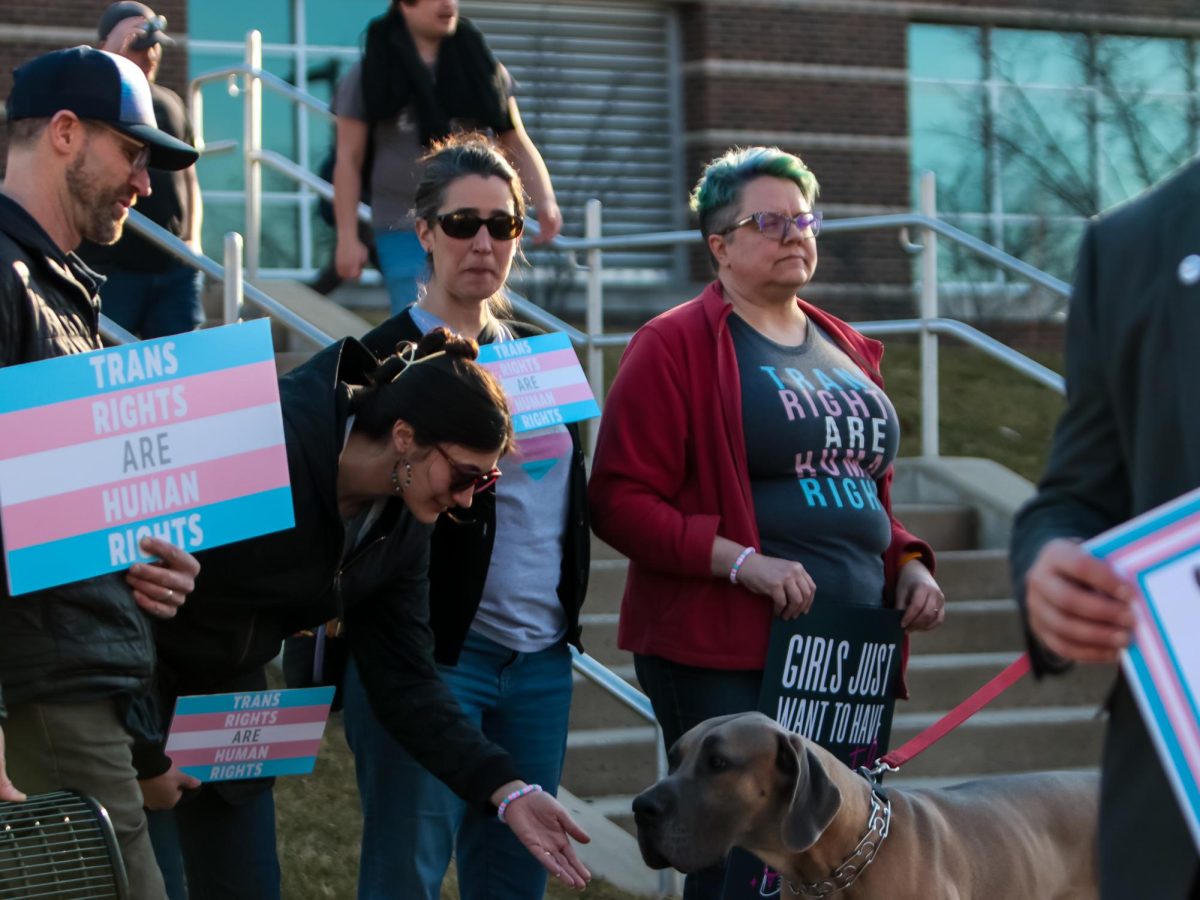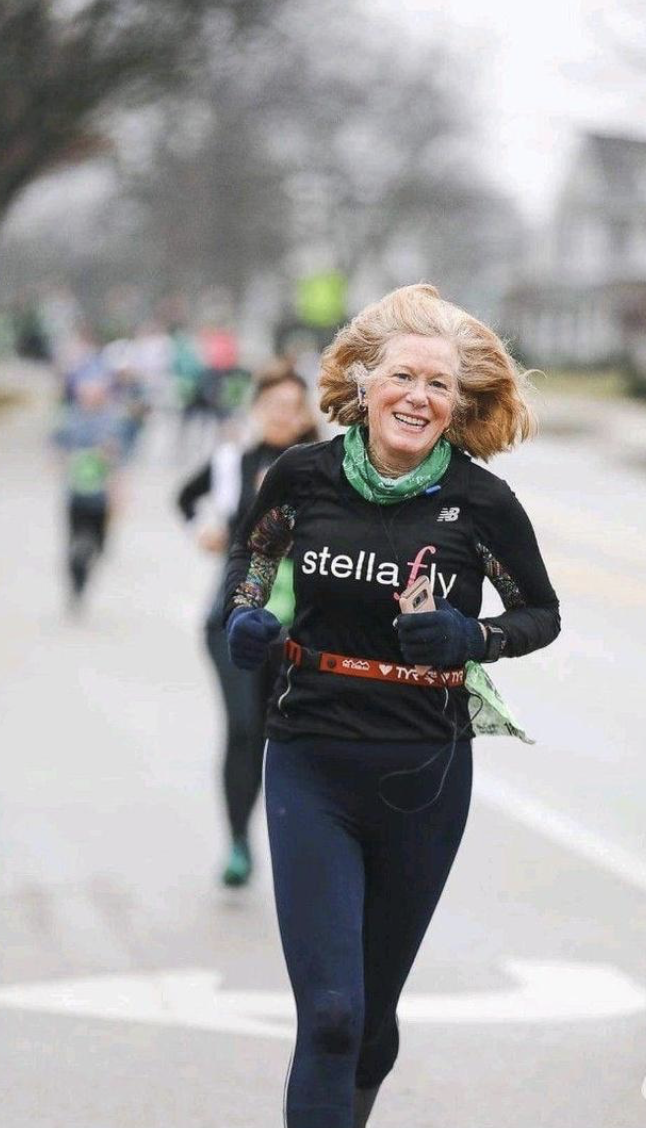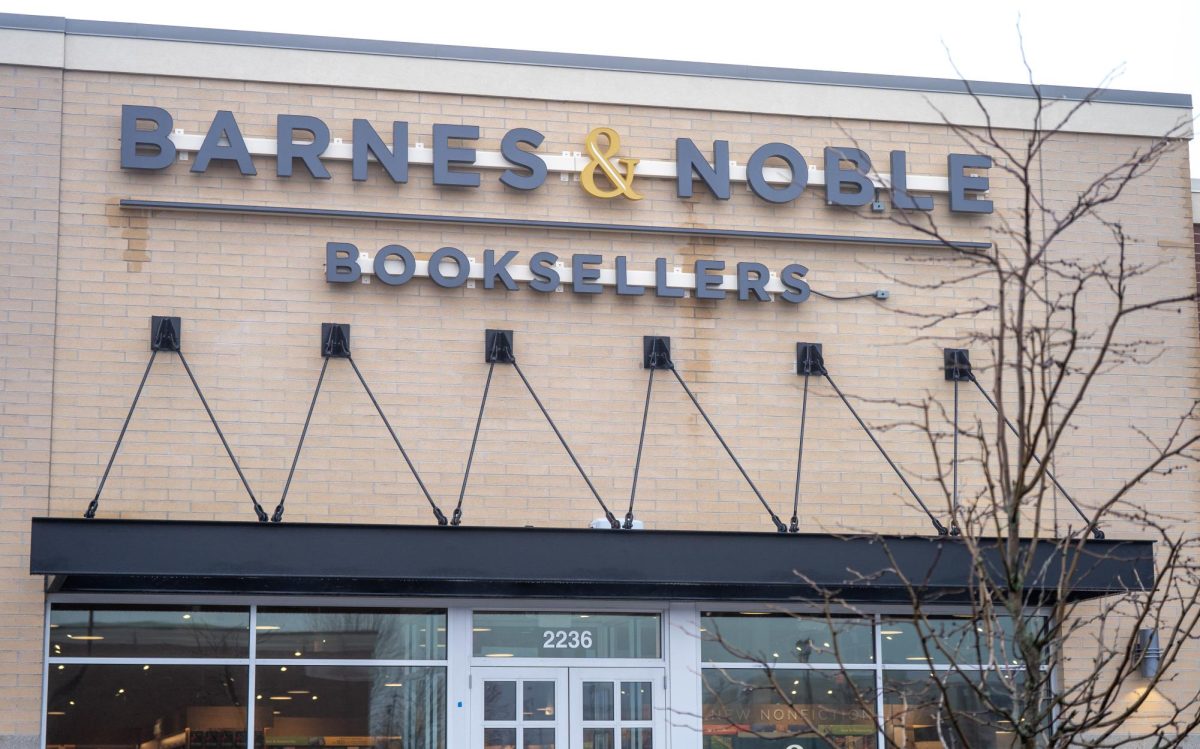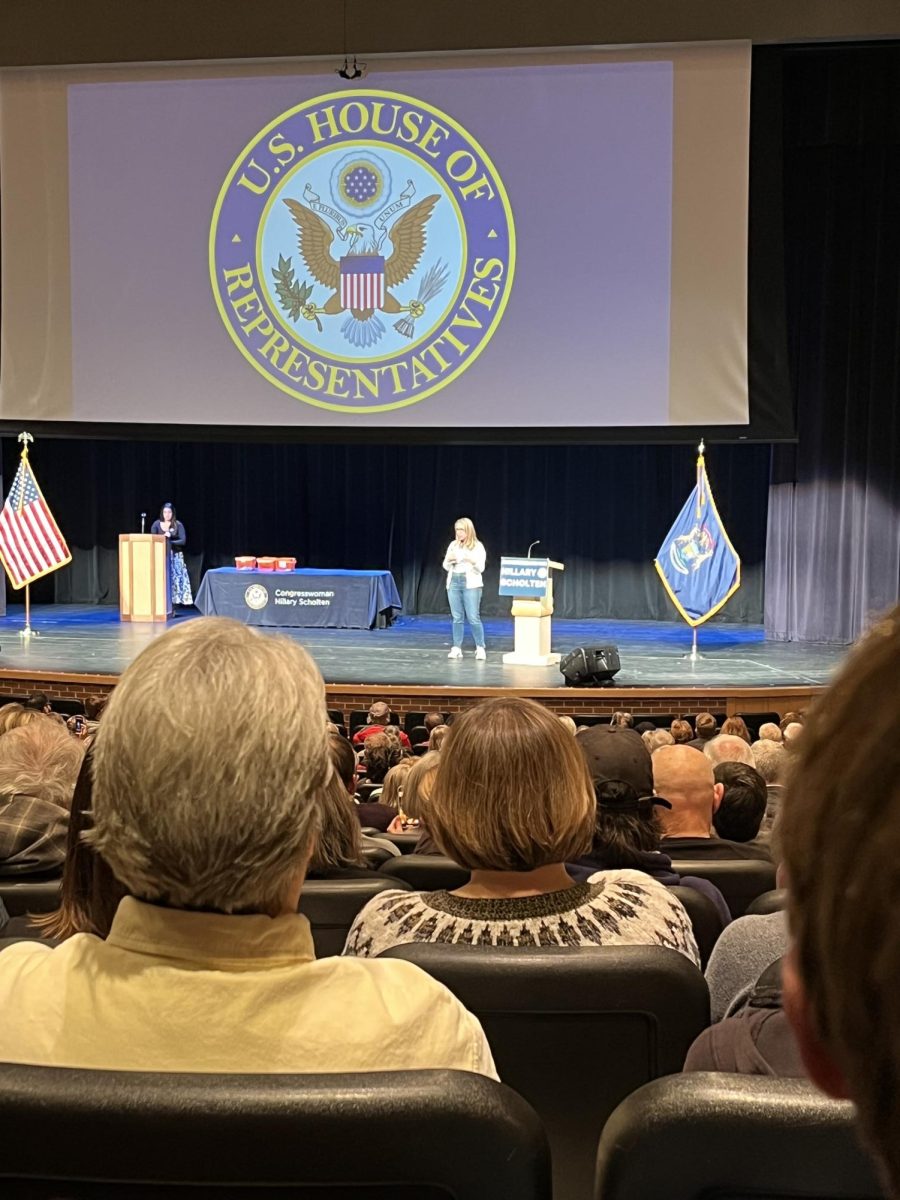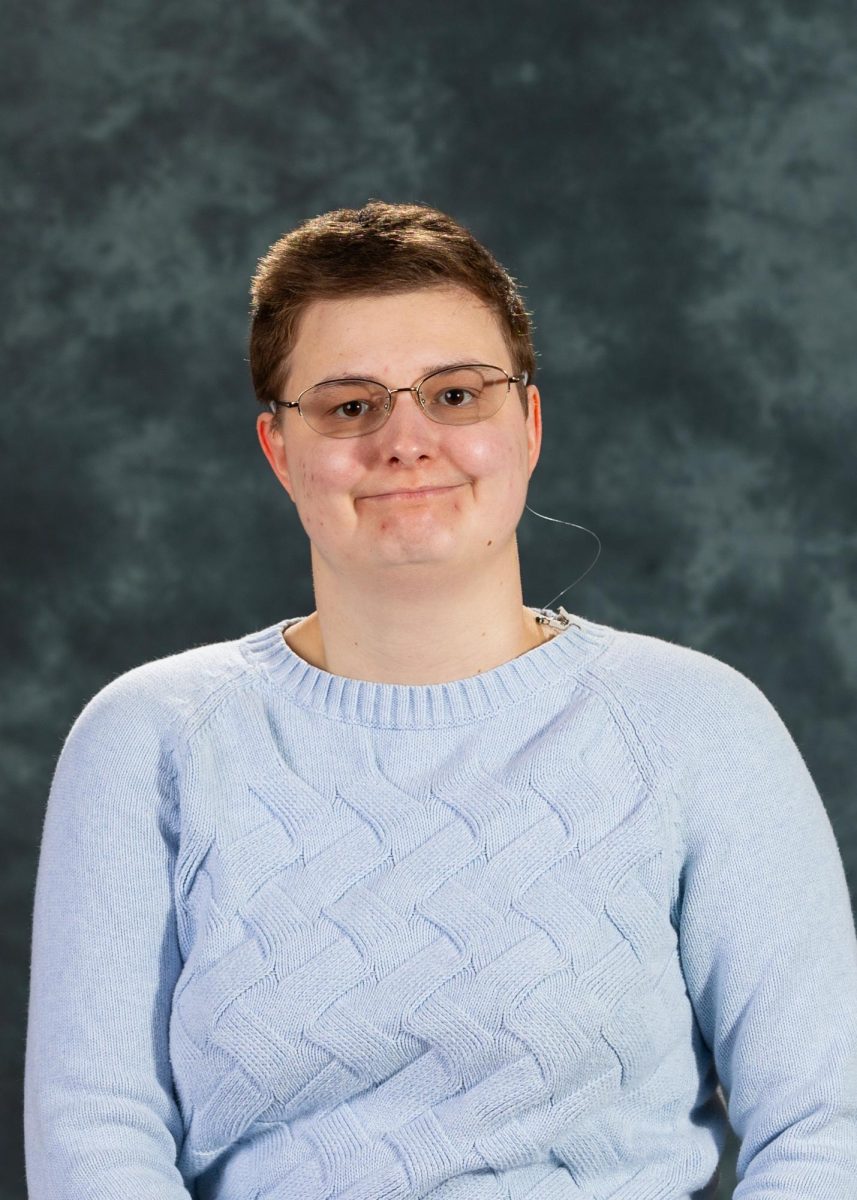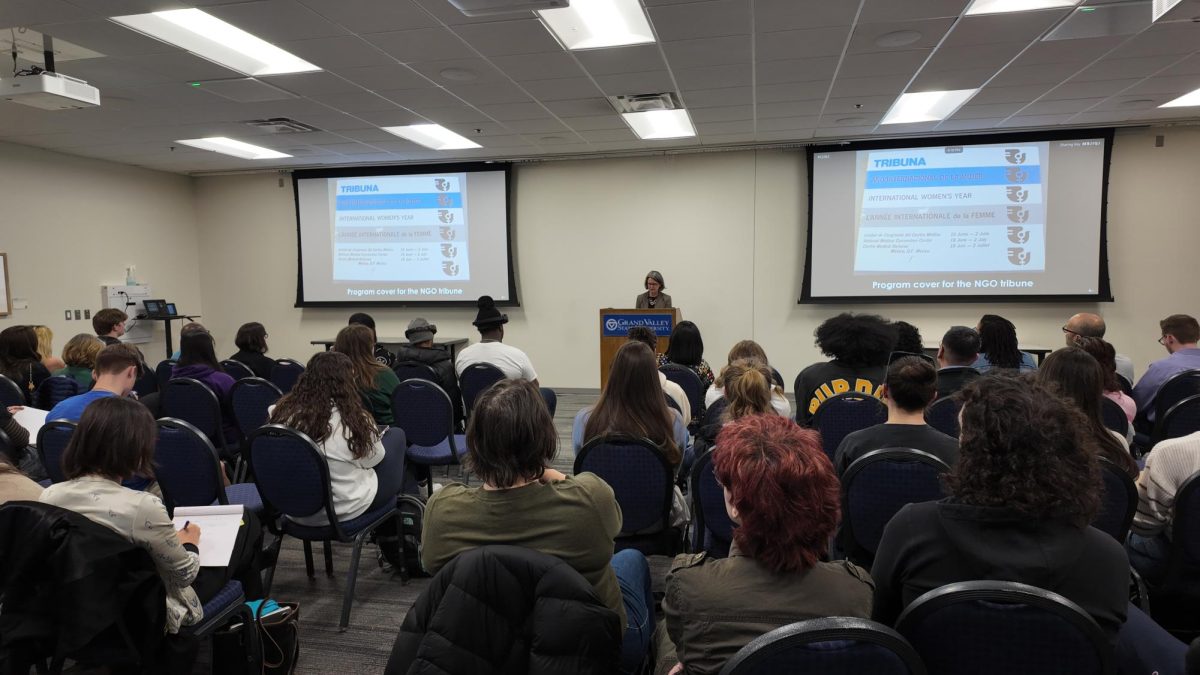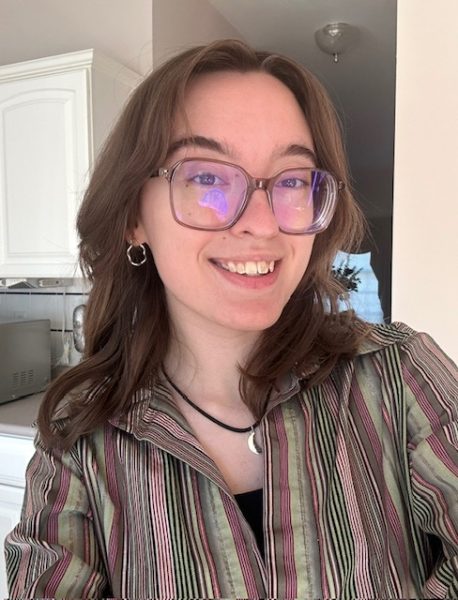Grand Valley State University’s Academic Senate (UAS) and administrators are considering their next steps after an unofficial straw poll showed that 45% of UAS senators would support a no confidence vote in the University’s Senior Leadership Team (SLT).
At a meeting on Friday, Dec. 6, UAS discussed the poll, which aimed to gauge senators’ trust in the capability of SLT and UAS to sustain a productive, working relationship. SLT consists of GVSU’s president, provost and vice presidents, and is responsible for the University’s strategies, investments and resources. The vote occurred following conversations among faculty regarding transparency and a lack of involvement in University decisions– areas that GVSU President Philomena Mantella claims are being enhanced.
43 of the University’s 49 senators completed the poll, and those in support of a future no confidence vote responded “somewhat in favor,” “in favor” or “strongly in favor.” When voting in the straw poll, some UAS senators expressed concerns regarding their anonymity. The unofficial vote was originally sent out via Qualtrics, software utilized by the University, but was sent out again through SurveyMonkey, which is not utilized by GVSU. The aforementioned poll statistics are an aggregation of the total survey results.
The straw poll was spurred, in part, by the results of another survey, the COACHE Faculty Job Satisfaction Survey, which was sent to all University faculty during the Winter 2024 semester. COACHE stands for Collaborative on Academic Careers in Higher Education, and is a project that was developed within Harvard’s Graduate School of Education. Utilized by over 300 colleges and universities, the survey evaluates faculty feedback to shape constructive work environments at higher education institutions. This was the first time COACHE had been utilized at GVSU, and the survey had a 57% response rate among faculty.
According to Courtney Karasinski, chair of UAS, the COACHE survey indicated that GVSU faculty members are looking for more consensus between SLT and UAS, and are wanting to have increased involvement in the early stages of decision-making processes. To some senators, the survey brought to light faculty concerns that have been laying under the surface for a couple of years.
UAS has been working in parallel with the Executive Committee of the Senate (ECS) and the COACHE Steering Committee, which has shared members on UAS, to discuss the survey. After COACHE-related dialogue, the decision to send the no confidence straw poll was made at a UAS meeting on Nov. 1. Many faculty members felt it was essential to ascertain senators’ trust levels in SLT to move forward.
At the Dec. 6 meeting, faculty members expressed an assortment of viewpoints and concerns regarding both the COACHE survey and subsequent straw poll. Despite voicing that the relationship between UAS and SLT has become “strained,” many faculty members emphasized they were against a no confidence vote in SLT, and felt such a vote would feel premature. Others conveyed a lack of trust in SLT, and were unsure if UAS and the University’s administration will be able to move forward together.
Karasinski feels these varying opinions are representative of a need for more discussion among faculty.
“These mixed results and subsequent discussions suggest that there is not a shared understanding of what votes of no confidence mean, or what could happen as a result of them,” said Karasinski.
Addressing faculty concerns, Mantella sent an email to faculty members on Friday, Dec. 13 entitled, “Strengthening Our Communications to Deepen Our Relationships.” Mantella claimed that moving into the winter semester, she expects communication will be enhanced between administration and faculty as a result of the discussions being had. She maintained there will be increased updates on University initiatives, earlier notification of University announcements, “better explanations” of decisions and increased feedback opportunities for faculty.
Similarly, in a statement sent to the Lanthorn, Mantella affirmed that the COACHE survey was initiated to facilitate deeper collaboration between faculty and administration. She is confident the work being done by the COACHE Steering Committee and faculty governance will lead to enhanced collaboration between UAS and SLT.
“While tensions are an inevitable part of adapting to the disruptions facing higher education, we must remember each member of our community is laboring diligently, and in good faith to advance our mission,” said Mantella in the statement. “Working through tensions, we must forge solutions based on shared understanding and common ground.”
To Mary Bower Russa, a psychology professor at GVSU, the conversation surrounding UAS and SLT’s relationship has highlighted concerns that many faculty members have struggled to articulate for some time. Bower Russa remarked that in particular, some University faculty are feeling overwhelmed by the fast-moving nature of administration. This had led to a lack of faculty input in decision-making processes, according to some UAS senators. However, many in attendance at the meeting noted there have been mechanisms put in place to foster the engagement of faculty governance.
“We have an administration that’s moving at like 90 miles an hour, and the senate is moving at like 50 miles an hour,” Bower Russa said. “Unless the senate can find a way to move faster, we’re getting run over by programming that’s coming through from the administration.”
Bower Russa noted that to her, UAS and SLT moving forward together is essential to the University’s health. The discussion surrounding how to navigate concerns has been difficult, according to Bower Russa. She attributed this, in part, to a lack of precedent at the University.
“There is not a policy or a procedure that we have here at GVSU that describes how to handle a situation where we have a schism like we’re experiencing between the faculty and the Senior Leadership Team,” stated Bower Russa.
Krista Benson, a faculty member on the COACHE Steering Committee, explained that while there isn’t yet consensus among faculty on how to move forward, the discussions being had are very beneficial.
“The discussion around a vote of no confidence, I think really highlights exactly how much of a crisis point, not only that we are at, but that we’ve been at,” Benson said. “I do not think it is productive for things to lay underneath the surface (and) I think the discussion around the vote of no confidence is actually incredibly productive.”
Benson also noted that the relationship between faculty members and administrators on the COACHE Steering Committee has felt “extremely collaborative.” They elaborated that to them, the committee could be a model of how to proceed.
Many UAS members also pointed out that while they are steadfast in advocating for increased engagement between SLT and faculty governance, they feel progress is being made. Some senators attributed this headway to the COACHE Steering Committee, and the action plan created collaboratively by members of the committee. The plan seeks to initiate constructive dialogue, enhance faculty engagement and strengthen community by April 2025.
“In the springtime, several of us commented (that it seemed) we were at an inflection point with SLT, and we needed to see some things happen,” John Gabrosek, a statistics professor at GVSU commented. “Having the COACHE Steering Committee and committing to a timeline, to me, that feels like something’s happening.”
Gabrosek and many senators expressed that, at the moment, they feel there’s commitment from SLT and UAS to bring about change. Gabrosek explained that to him, it’s essential to see the timeline’s promises fulfilled in the coming months.
Karasinski stated that while UAS is asking for increased transparency and earlier decision-making input, faculty governance needs to continue having thorough discussions of what a successful relationship could look like. Through these conversations, she feels UAS senators will be able to come to an agreement on specifics relating to the relationship between faculty and SLT.
In an effort to continue such dialogue, a resolution was passed to hold an additional UAS meeting on January 17. While UAS meets monthly, the resolution proposed another opportunity for dialogue, with the sole agenda item being “further discussion of the COACHE survey and related issues.” It was also requested by senators that the meeting be closed. The resolution passed unanimously during a vote by UAS members.
While the result of COACHE and no confidence discussions remains to be seen, many faculty members expressed that those engaging in these conversations are driven by love for GVSU and its students. Bower Russa conveyed that those initiating dialogue are acting out of dedication to the long-term integrity of GVSU.
“I think that for many of us, the need to have (this) conversation today is exactly because of our loyalty to this institution,” Bower Russa said. “It is because we care about the long-term health of the institution, (which) surpasses our commitment to any particular administration that may be here.”






